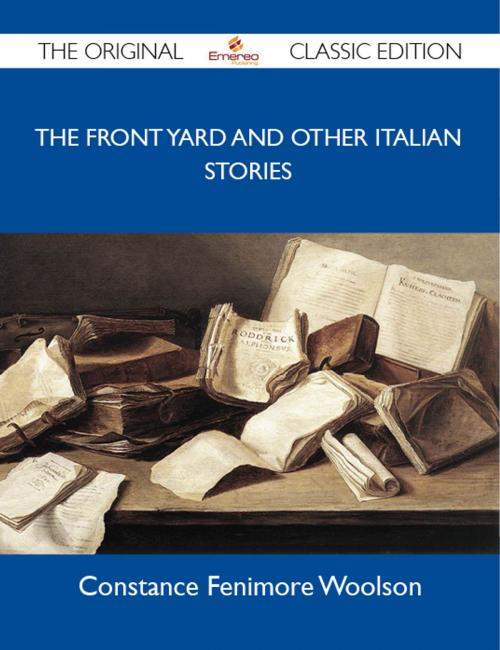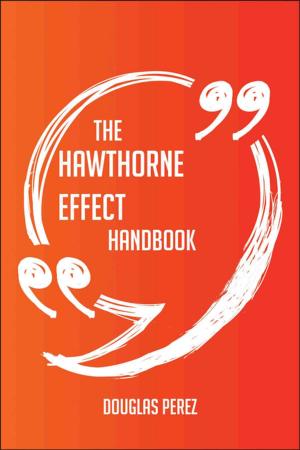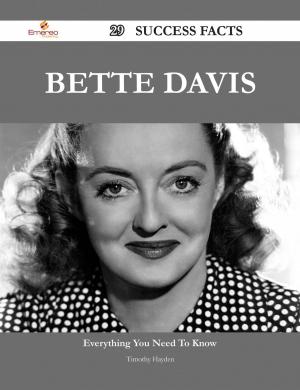The Front Yard And Other Italian Stories - The Original Classic Edition
Nonfiction, Reference & Language, Reference, Fiction & Literature| Author: | Woolson Constance | ISBN: | 9781486412860 |
| Publisher: | Emereo Publishing | Publication: | October 24, 2012 |
| Imprint: | Emereo Publishing | Language: | English |
| Author: | Woolson Constance |
| ISBN: | 9781486412860 |
| Publisher: | Emereo Publishing |
| Publication: | October 24, 2012 |
| Imprint: | Emereo Publishing |
| Language: | English |
In 1880 she met Henry James, and the relationship between the two writers has prompted much speculation by biographers, especially Lyndall Gordon in her 1998 book, A Private Life of Henry James. Woolson?s most famous story, Miss Grief, has been read as a fictionalization of their friendship, though she had not yet met James when she wrote it. Recent novels such as Emma Tennants Felony (2002), David Lodges Author, Author (2004) and Colm Toibins The Master (2004) have treated the still unclear relationship between Woolson and James.
Woolson published her first novel Anne in 1880, followed by three others: East Angels (1886), Jupiter Lights (1889) and Horace Chase (1894). In 1883 she published the novella For the Major, a story of the postwar South that has become one of her most respected fictions. In the winter of 1889?1890 she traveled to Egypt and Greece, which resulted in a collection of travel sketches, Mentone, Cairo and Corfu (published posthumously in 1896).
In 1893 Woolson rented an elegant apartment on the Grand Canal of Venice. Suffering from influenza and depression, she either jumped or fell to her death from a window in the apartment in January 1894. Two volumes of her short stories appeared after her death: The Front Yard and Other Italian Stories (1895) and Dorothy and Other Italian Stories (1896). She is buried in the Protestant Cemetery in Rome.
This is a high quality book of the original classic edition.
This is a freshly published edition of this culturally important work, which is now, at last, again available to you.
Enjoy this classic work. These few paragraphs distill the contents and give you a quick look inside:
WELL, now, with Gooster at work in the per-dairy, and Bepper settled at last as help in a good family, and Parlo and Squawly gone to Perugia, and Soonter taken by the nuns, and Jo Vanny learning the carpenters trade, and only Nounce left for me to see to (let alone Granmar, of course, and Pipper and old Patro), it doos seem, it really doos, as if I might get it done sometime; say next Fourth of July, now; thats only ten months off.
...She woke from her reverie, rebuckled the straps of the basket, and adjusting it by a jerk of her shoulders in its place on her back, she took the fagot in one hand, the bundle of herbs in the other, and carrying the sickle under her arm, toiled slowly up the ascent, going round the cow-shed, as the interrupted path too went round it, in an unpaved, provisional sort of way (which had, however, lasted fifty years), and giving a wave of her herbs towards the offending black door as she passed?a gesture that was almost triumphant.
...Granmar would not allow it to be moved elsewhere; her bed had always been in the kitchen, and in the kitchen it should remain; no one but Denza, indeed, would wish to shove her off; Annunziata had liked to have her dear old granmar there, where she could see for herself that she was having everything she needed; but Annunziata had been an angel of goodness, as well as of the dearest beauty; whereas Denza?but any one could see what Denza was!
In 1880 she met Henry James, and the relationship between the two writers has prompted much speculation by biographers, especially Lyndall Gordon in her 1998 book, A Private Life of Henry James. Woolson?s most famous story, Miss Grief, has been read as a fictionalization of their friendship, though she had not yet met James when she wrote it. Recent novels such as Emma Tennants Felony (2002), David Lodges Author, Author (2004) and Colm Toibins The Master (2004) have treated the still unclear relationship between Woolson and James.
Woolson published her first novel Anne in 1880, followed by three others: East Angels (1886), Jupiter Lights (1889) and Horace Chase (1894). In 1883 she published the novella For the Major, a story of the postwar South that has become one of her most respected fictions. In the winter of 1889?1890 she traveled to Egypt and Greece, which resulted in a collection of travel sketches, Mentone, Cairo and Corfu (published posthumously in 1896).
In 1893 Woolson rented an elegant apartment on the Grand Canal of Venice. Suffering from influenza and depression, she either jumped or fell to her death from a window in the apartment in January 1894. Two volumes of her short stories appeared after her death: The Front Yard and Other Italian Stories (1895) and Dorothy and Other Italian Stories (1896). She is buried in the Protestant Cemetery in Rome.
This is a high quality book of the original classic edition.
This is a freshly published edition of this culturally important work, which is now, at last, again available to you.
Enjoy this classic work. These few paragraphs distill the contents and give you a quick look inside:
WELL, now, with Gooster at work in the per-dairy, and Bepper settled at last as help in a good family, and Parlo and Squawly gone to Perugia, and Soonter taken by the nuns, and Jo Vanny learning the carpenters trade, and only Nounce left for me to see to (let alone Granmar, of course, and Pipper and old Patro), it doos seem, it really doos, as if I might get it done sometime; say next Fourth of July, now; thats only ten months off.
...She woke from her reverie, rebuckled the straps of the basket, and adjusting it by a jerk of her shoulders in its place on her back, she took the fagot in one hand, the bundle of herbs in the other, and carrying the sickle under her arm, toiled slowly up the ascent, going round the cow-shed, as the interrupted path too went round it, in an unpaved, provisional sort of way (which had, however, lasted fifty years), and giving a wave of her herbs towards the offending black door as she passed?a gesture that was almost triumphant.
...Granmar would not allow it to be moved elsewhere; her bed had always been in the kitchen, and in the kitchen it should remain; no one but Denza, indeed, would wish to shove her off; Annunziata had liked to have her dear old granmar there, where she could see for herself that she was having everything she needed; but Annunziata had been an angel of goodness, as well as of the dearest beauty; whereas Denza?but any one could see what Denza was!















